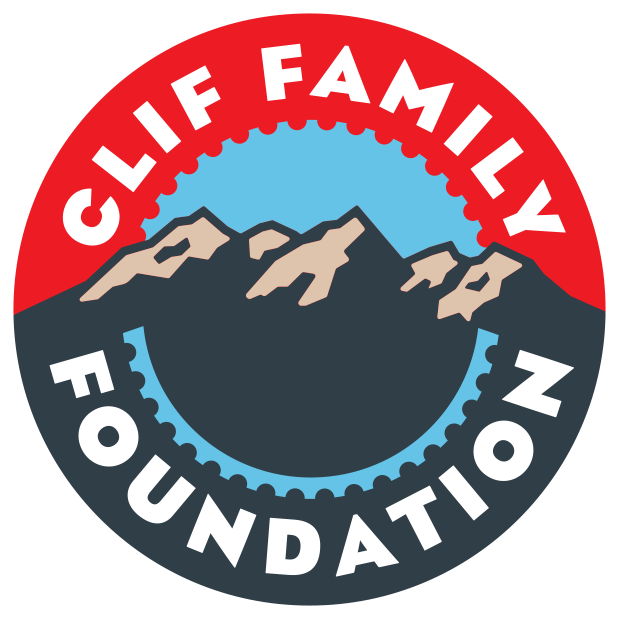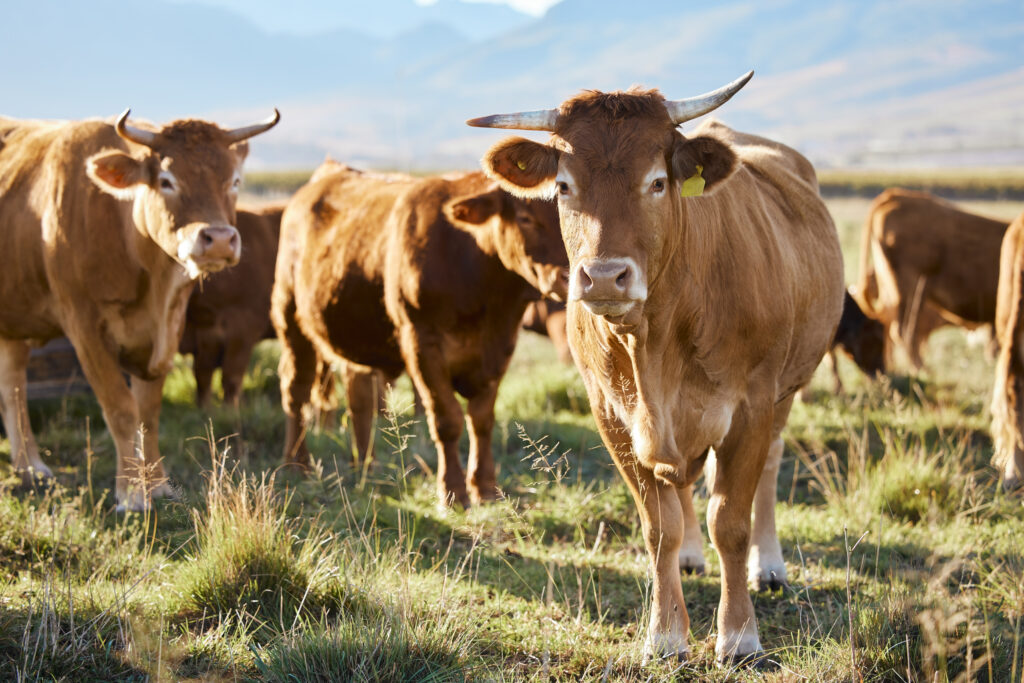It’s summertime and watermelons are in season! If you’re looking for a tasty organic treat, try our take on Watermelon Agua Fresca swapping sugar with maple syrup for a richer flavor.
Fruity, refreshing aguas frescas are a great non-alcoholic alternative to summer cocktails. Just add a few organic ingredients to a blender and enjoy!
Organic Watermelon Agua Fresca
Preparation time: 10 minutes
Serves 4-5 people
Ingredients:
2 cups chopped organic watermelon
1/8 cup organic lime juice
¼ cup water
12 fresh organic mint leaves
Organic maple syrup to taste
Directions:
Blend all of the ingredients in a blender until frothy. Serve over ice.
Why choose organic ingredients?
When you choose organic ingredients, you’re supporting farming techniques that enrich the soil for generations of healthy food to come. Topsoil degradation and erosion are serious problems, both in the U.S. and globally. Many experts are concerned that the U.S. could eventually run out of farmable topsoil. Organic farming practices anchor soil and nutrients in place, farming responsibly so our great-grandchildren can enjoy watermelon too.
Organic farming protects agricultural workers and their families. Did you know that the most routine pesticide exposure occurs off the field, when farmworkers come home? Children, who often crawl and play on the floor, pick up the toxic dust that settles from farmworkers’ clothing and hair after a long day of work. Tragically, pesticide levels in carpet dust contribute to higher leukemia rates in children living on or near conventional farms. For this and many other reasons, organic farms ban the use of synthetic pesticides, protecting both workers and their children.
Organic farms protect workers in other ways, too. Organic agriculture often generates more full-time, year-round jobs for farmworkers, leading to greater wage stability and security for both workers and their families. This is largely due to the labor-intensive nature of organic practices, which rely on manual methods rather than toxic pesticides to control weeds, pests, and diseases. Additionally, organic farms typically cultivate a wider variety of crops, requiring more skilled human labor.
Organic ingredients also offer many other benefits, such as preventing synthetic pesticide runoff into waterways, eliminating harmful synthetic pesticide residue on the food you eat, providing a high concentration of healthy nutrients, and delivering spectacular flavor. See 50 reasons to choose organic for more benefits!
How to Find Organic Ingredients
If you don’t grow your own organic watermelons, limes, and mint, you don’t have to miss out. Go directly to the source and connect with organic farmers in your area! Use CCOF’s organic directory to find top-quality organic ingredients near you.


